Discover how scientists are revolutionizing metal production by transforming aluminium waste into green steel, slashing CO2 emissions.




Dr. Janice Brahney: “Only recently have we started to see troubling outbreaks of toxic algal blooms in mountain environments. So, these changes are happening fast and are really concerning. It’s important we get to the bottom of this.”
What impact does atmospheric dust have on algae? This is what a recent study published in Global Change Biology hopes to address as a team of researchers from Utah State University (USU) investigated how increased dust concentrations in the Earth’s atmosphere could lead to larger algae blooms, impacting life on both land and in the oceans. This study holds the potential to help scientists better understand the acceptable amounts of dust and algae on the Earth and their impact on aquatic life, specifically in mountain ranges across the globe. The reason mountain headwater regions were the focus of the study was because they provide approximately 50% of the world’s population with fresh water.
“Only recently have we started to see troubling outbreaks of toxic algal blooms in mountain environments,” said Dr. Janice Brahney, who is an associate professor in the Watershed Sciences Department at USU and a co-author on the study. “So, these changes are happening fast and are really concerning. It’s important we get to the bottom of this. Toxic blooms in mountain lakes like the ones we’ve seen recently in remote mountain lakes are unprecedented.”
For the study, the researchers compared algae blooms and supplemented this with computer models to ascertain how atmospheric dust raining down onto the planet could impact aquatic communities, specifically with mountainous regions across the globe. In the end, the researchers found that increased atmospheric dust deposits not only increase algae populations, but also increase their tolerances for increased temperatures and pH, which are considered significant climate change factors.
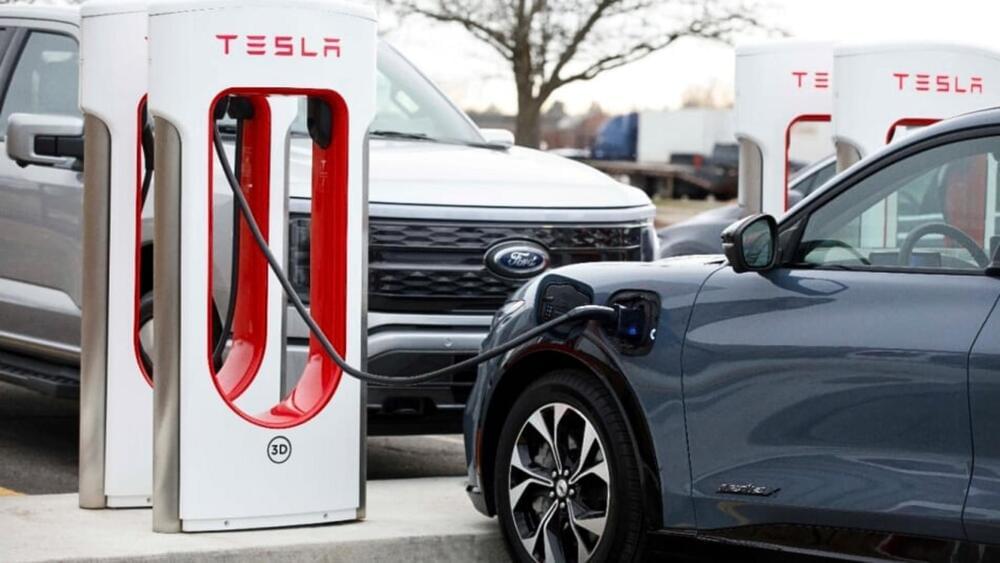
In May of last year, Ford CEO Jim Farley made a surprise announcement during an online event co-hosted by Tesla’s Elon Musk: the Blue Oval would adopt the Tesla-developed North American Charging Standard (NACS) port. Starting this spring, that unlikely pairing will become a reality, with Ford’s EVs (F-150 Lightning trucks, Mustang Mach-E SUVs, and E-Transit vehicles) plugging in to the Supercharger network.
Farley promised a fast charging adapter for its EV customers in the U.S. and Canada, and he indicated online this week that they’ll be available to order soon. The Ford boss didn’t nail down a date, promising more details are imminent.
“When we announced Ford EVs would get access to Tesla Superchargers, I said we’d send customers a Fast Charging Adapter. I’m pleased to confirm that eligible Mustang Mach-E & F-150 Lightning owners in the U.S. + Canada can reserve a complimentary adapter starting soon,” Farley says via X, formerly Twitter.

The researchers claim to have achieved 18 percent energy conversion efficiency, trumping all previous achievements, with just a small change.
Researchers at UNIST have used an innovative method to improve the energy efficiency of organic QD solar cells to 18 percent. Previously, it had peaked at 13 percent.
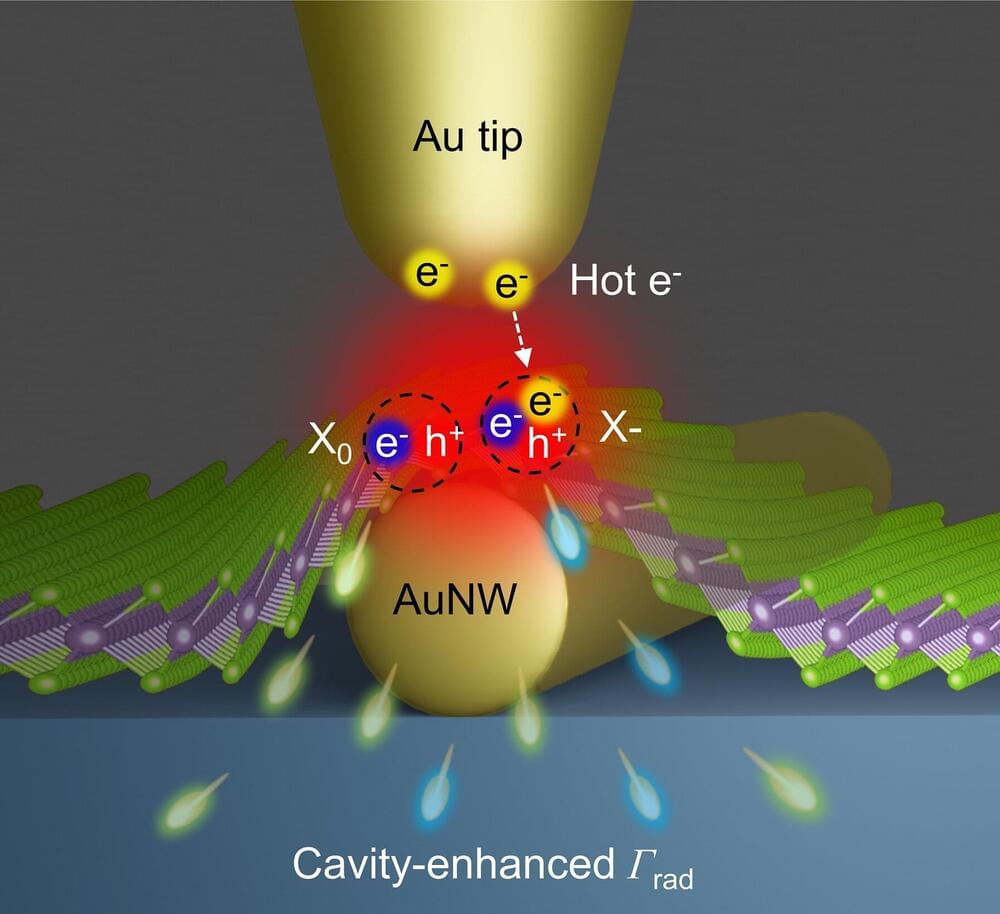
In a significant advancement for next-generation semiconductors, a collaborative research team has made groundbreaking discoveries in the field of two-dimensional (2D) semiconductors.
Their findings, published in Nano Letters, shed light on the generation and control of trions, providing valuable insights into the optical properties of these materials.
2D semiconductors, known for their exceptional light characteristics per unit volume with high flexibility due to their atomic layer thickness, hold immense potential for applications in areas such as advanced flexible devices, nano photonics, and solar cells.
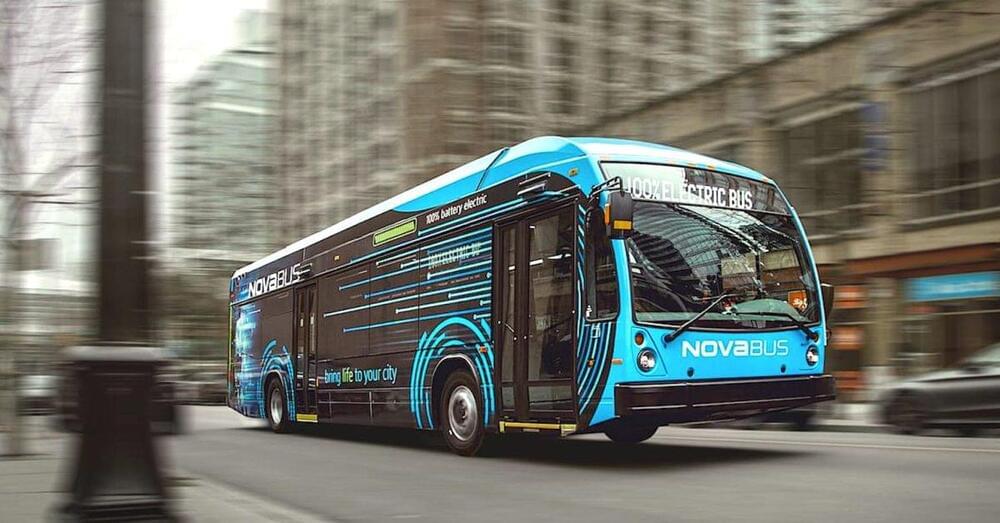
Saskatchewan’s capital city is moving forward with plans to electrify its Regina Transit fleet, signing a five-year contract with Nova Bus to acquire 53 battery electric city buses.
A subsidiary of the Volvo Group based in Quebec, Nova Bus manufactures long-range electric bus options with absolutely massive battery packs — up to 564 kWh on its biggest models, with the option of DC fast-charging or charging through overhead wires.
The first installment of its larger order will see seven of its LFSe+ 40-foot, long-range buses delivered to the City of Regina early in 2025 at a cost of $10.8 million (Canadian). The city will follow that with 13 more buses later in 2025 at a cost of $22.4 million, with an additional $21.2 million set to be spent on facility upgrades and infrastructure to support the electric buses.
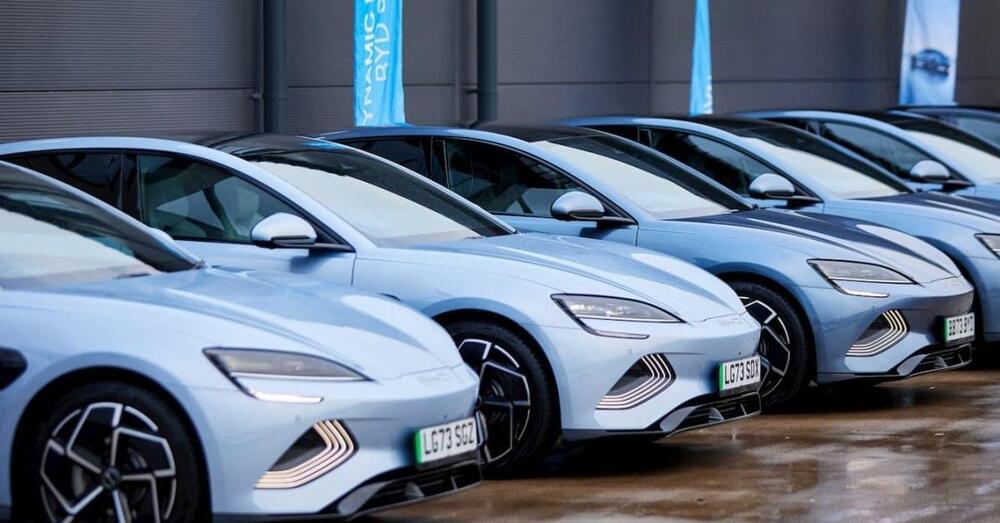
After topping Tesla in the final three months of 2023, BYD is starting the year off strong with EV sales rising another 50% in January.
BYD sold 105,304 fully electric cars last month, up 48% from the 71,338 handed over last year. Production was also up significantly, with 114,365 EVs built last month, up 64% YOY.
Interestingly, BYD’s all-electric vehicles are beginning to outpace its plug-in hybrids (PHEVs). BYD’s PHEV sales were up 21% to 95,715 last month. Production was only up 9% to 90,749 units.
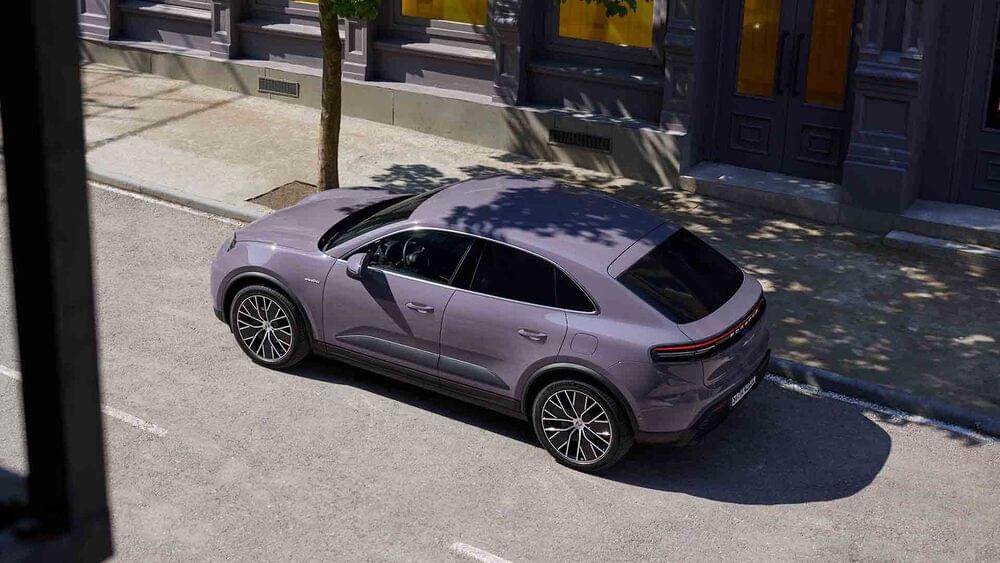
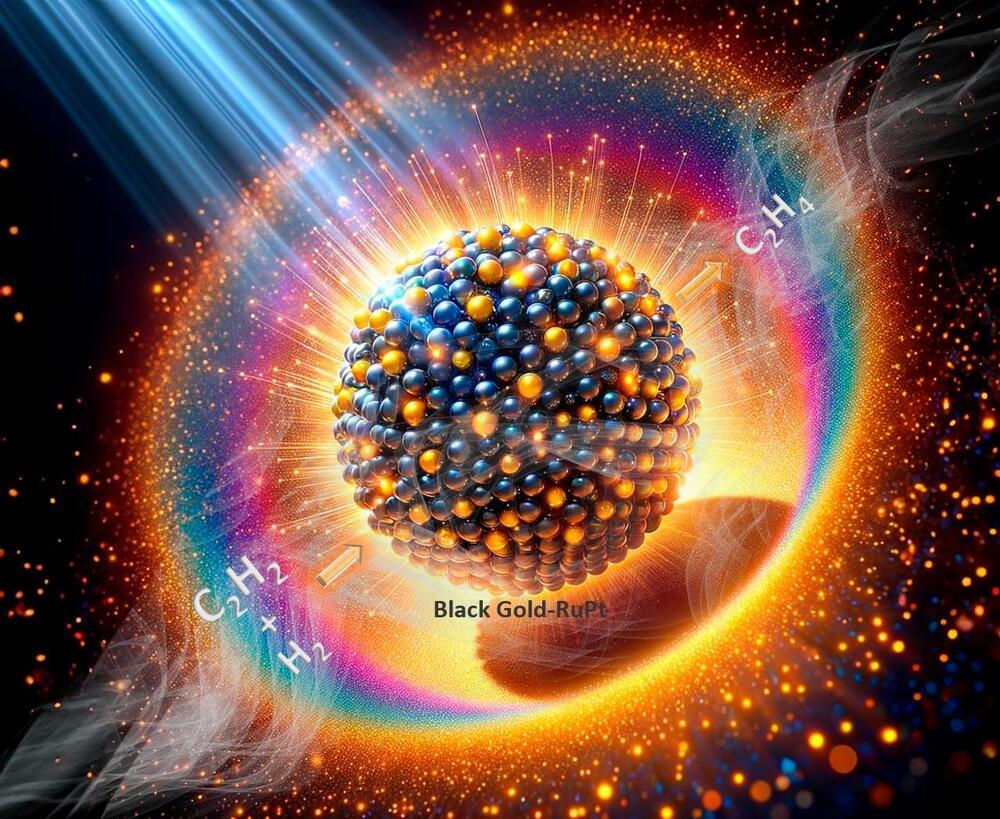
A breakthrough plasmonic catalyst, stable in air, revolutionizes acetylene semi-hydrogenation, marking a significant advance in sustainable catalysis.
In a significant breakthrough, Prof. Polshettiwar’s group at TIFR, Mumbai has developed a novel “Plasmonic Reduction Catalyst Stable in Air,” defying the common instability of reduction catalysts in the presence of air. The catalyst merges platinum-doped ruthenium clusters, with ‘plasmonic black gold’. This black gold efficiently harvests visible light and generates numerous hot spots due to plasmonic coupling, enhancing its catalytic performance.
Superior Performance in Semi-Hydrogenation.